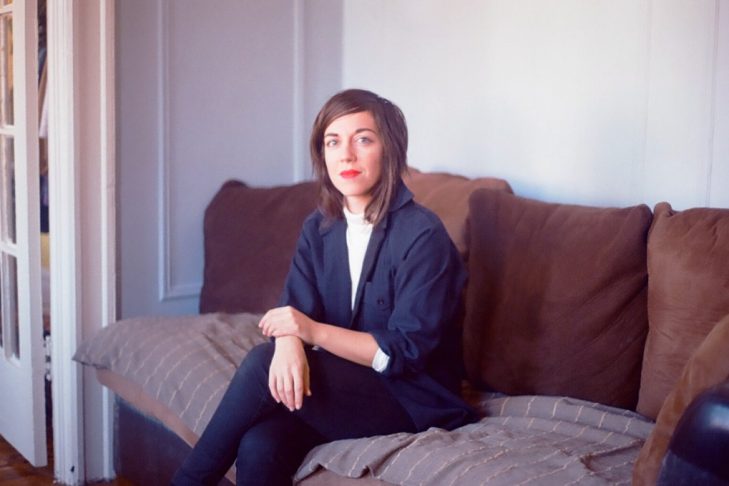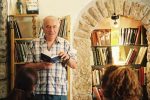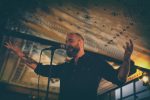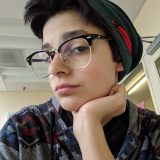Despite my bluster, I am painfully shy, particularly when interacting with people I admire. As such, the annual Association of Writers & Writing Programs Conference & Bookfair, or AWP (also known as Burning Man for writers), is a social minefield. This year, the conference took place in Portland, Oregon, a solid nine-hour trip to spend three days avoiding eye contact with literary superstars. Of course, I had to go.
This was my third year attending AWP but my first traveling truly alone. I ghosted through the cavernous book fair, spotting celebrity poets at readings and panels and again in line for expensive sandwiches and weak coffee. The city pulsed with the living canon, thousands of writers converging on basements and corners and floor outlets, all of them varied and working.
The true charm of AWP comes not from its eclectic panels or beige tote bags, but from the electric thrill of being surrounded by people who perform the old human instinct of storytelling with so much respect and love. As a young writer, this is wildly intimidating. Imposter syndrome takes up as much space as passion does, and I figured I would spend this conference in the same way as the others: trying to convince myself I belonged there.
Related
I discovered Erlichman’s slam poetry as a high school student. Up until my junior year, poetry was a dusty relic studied by peeling apart the translucent pages of a Norton anthology. I loved it, but it was like loving something through a thin sheet of glass. Poetry was something that happened already, something that was done or at least on its way out. It wasn’t, of course; not even close. Slam was alive.
I watched Erlichman’s 2007 performance of “Six Tips on How to Be a Straight Girl” for the first time in an after-school poetry club and fell instantly in love. I memorized the poem, recited it in every poetry class I took in college, right down to the pointed, elegant hand motions. I transcribed it second by second into a Word document because I couldn’t find it in print. Three laptops and almost a decade later, the document remains. And yet, for all my admiration, I didn’t know Erlichman was Jewish until poet Angel Nafis gifted the final “Team Mashallah” chapbook to the “tiny white Jewish lady” at the back of the reading.
Erlichman was born in Israel and grew up in Boston. She’s a poet, a musician and a visual artist. This year, she published the children’s book “Be/Hold: A Friendship Book” with Penny Candy Press. Her book of poems, “Odes to Lithium,” comes out in September. She is magnetic, delightful, wickedly funny. In the basement of that reading, I was equal parts in awe and terrified of her, but I pushed to the back anyway. We spoke briefly and I stepped into the wet night shaking.
I attended a reading of hers and she requested that the audience do the wave to preface her work. It was so perfect, the mix of humor and community to shake off the exhaustion in the room. In hindsight, it makes no sense for me not to know she was Jewish. In an environment so saturated with American Christianity, pockets of Judaism glow like bioluminescent jellyfish. But there’s risk, floating under the crushing pressure, of approaching the wrong light. That fear still exists, but the importance of Jewish poetry dispels it like a prism.
Shira Erlichman had drifted in the back of my mind for years, a gentle reminder of possibility. Her odes, directed at her bipolar medication, were funny and pointed, weighted like a fine pen. She felt like a friend telling a story, unpinning the gate of poetry for me again a decade later. And when she saw me in the front row, she waved. In a time when I was closeted and battling with anxiety, her work indicated that not only was poetry alive, but it was waiting for me.







